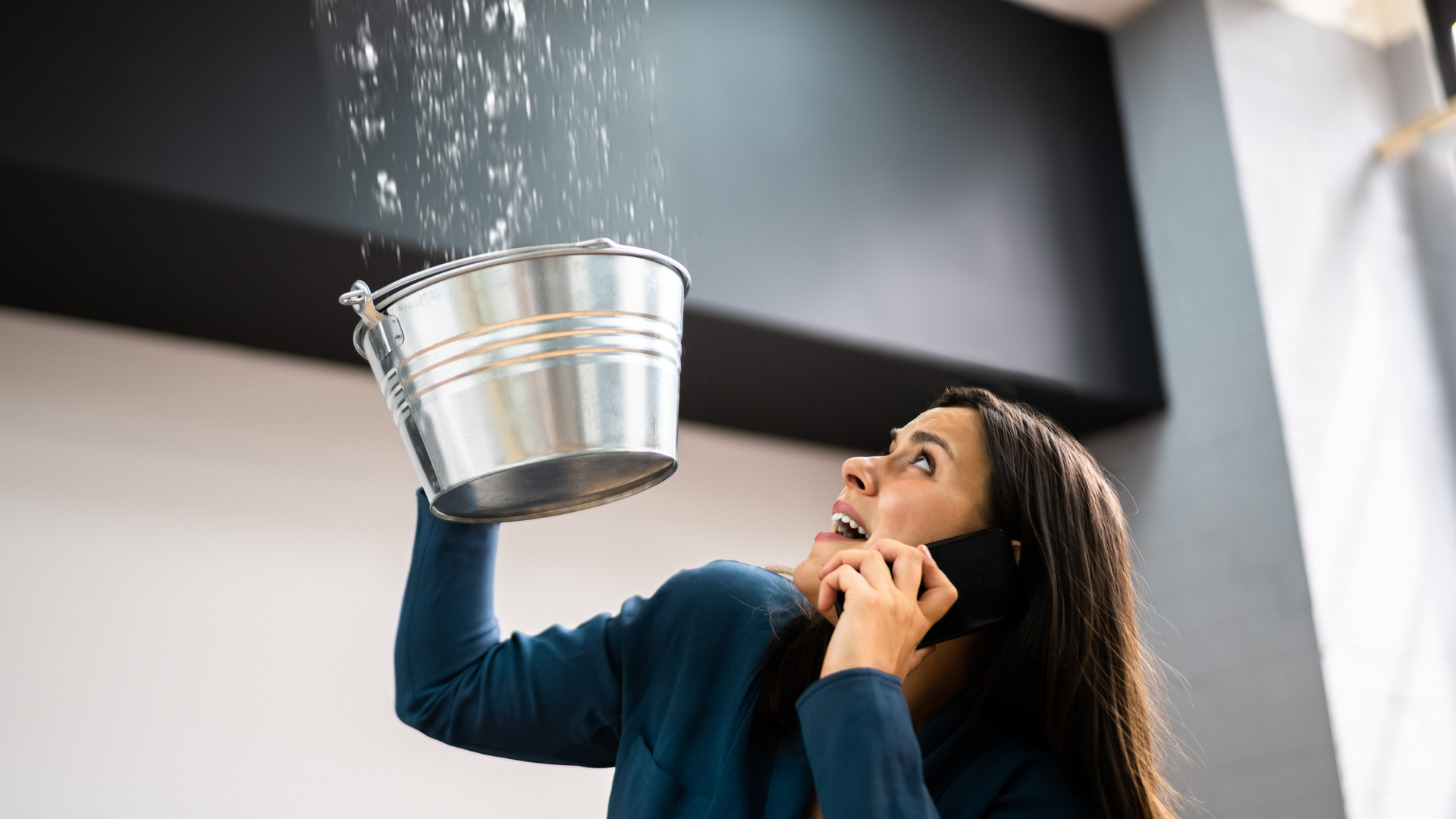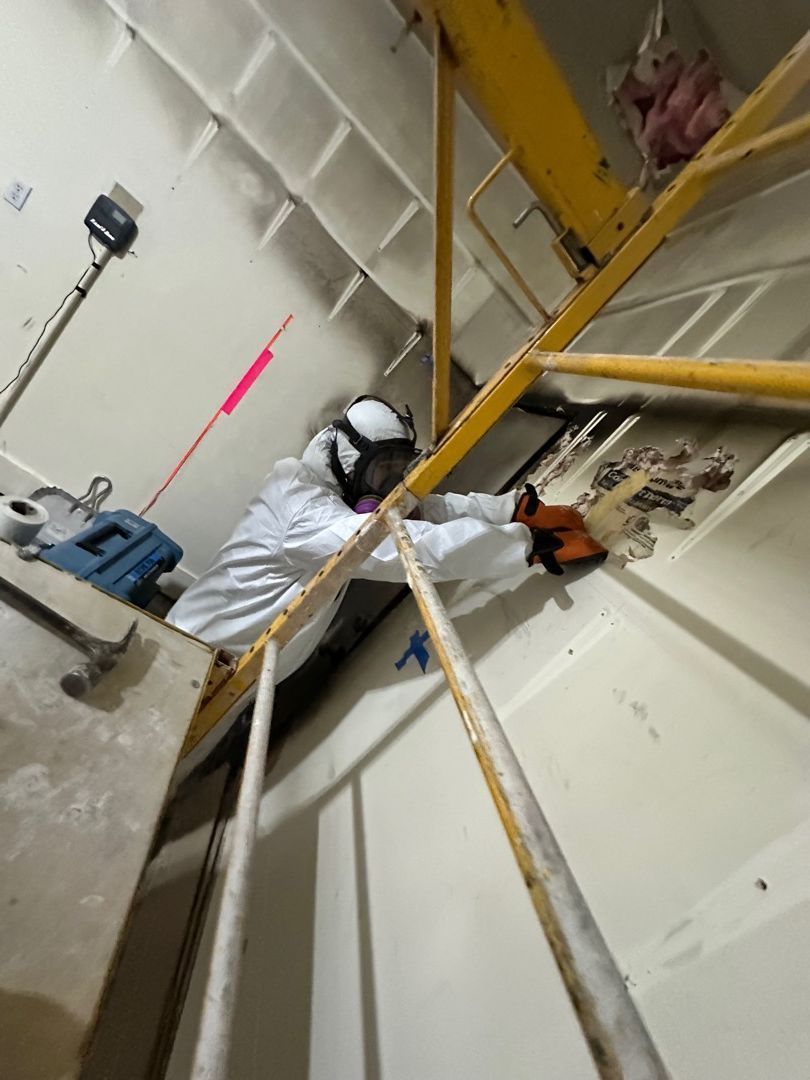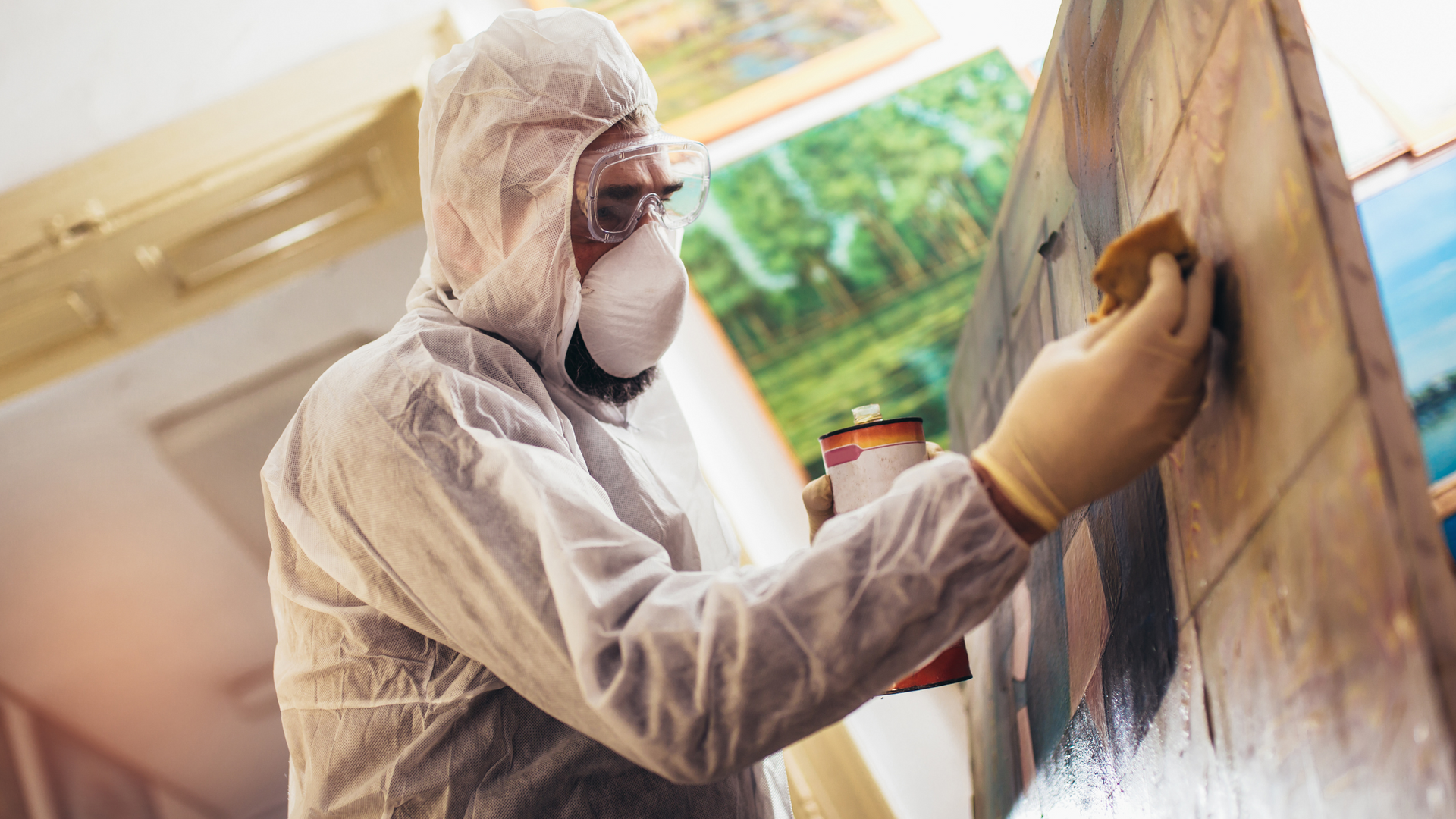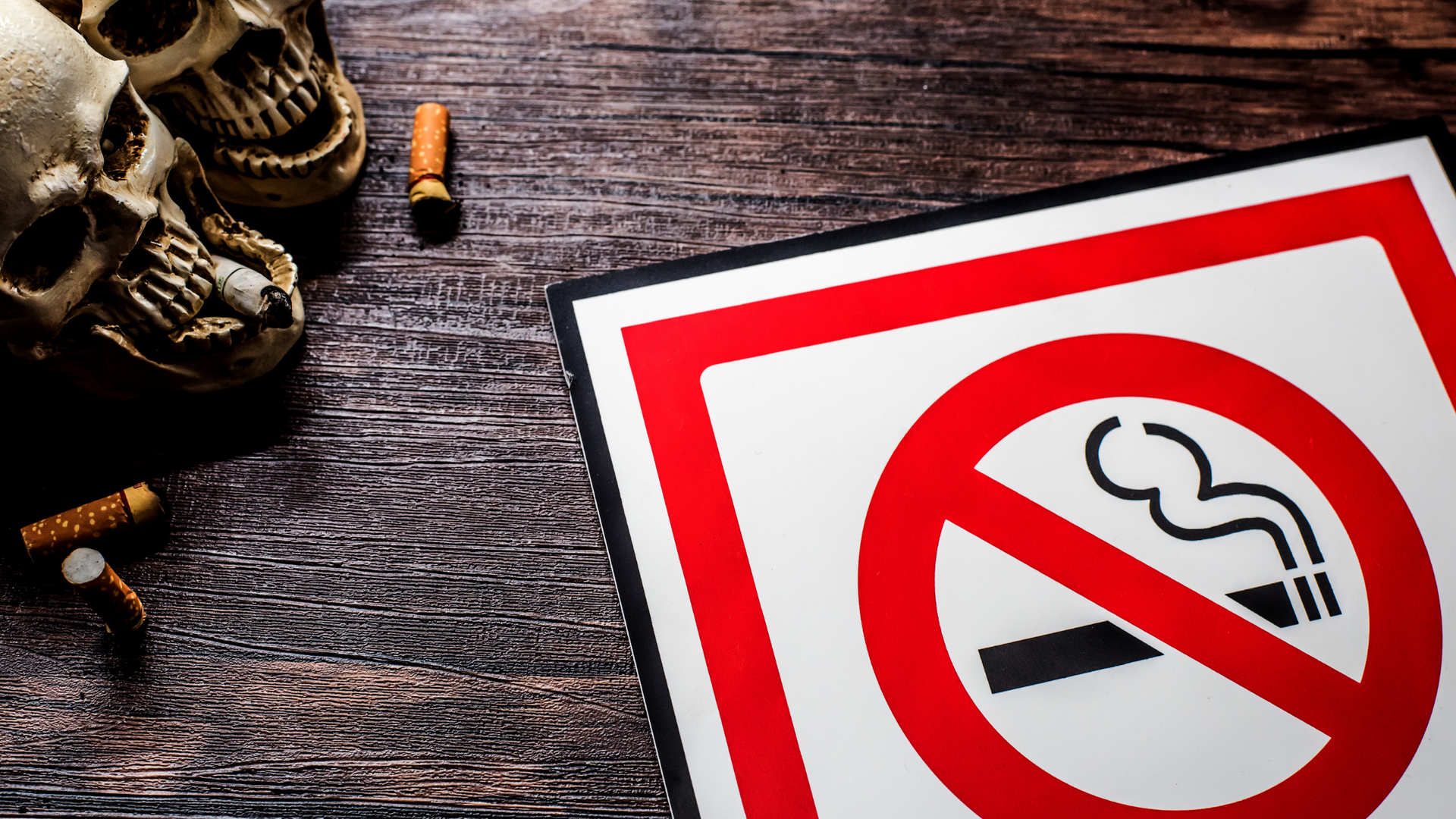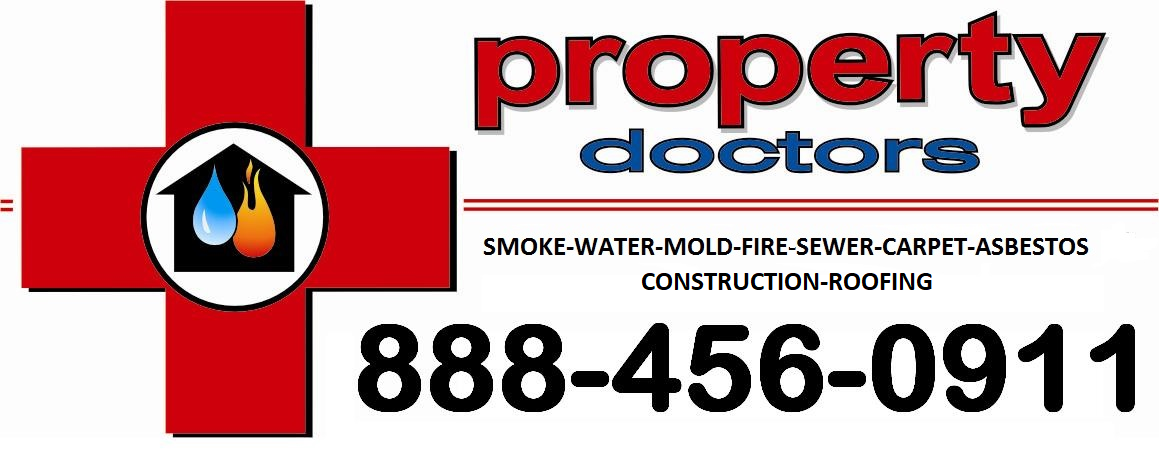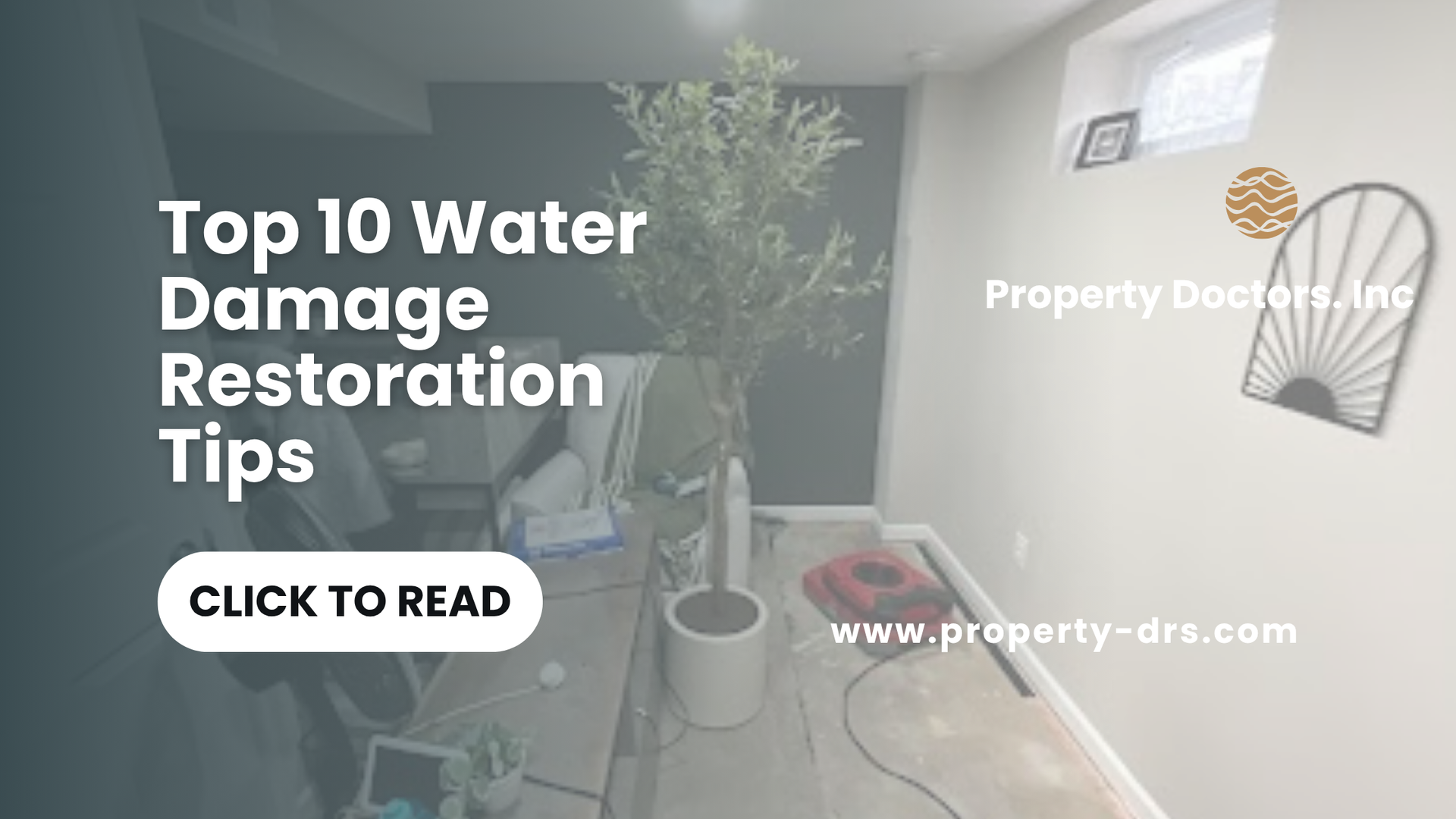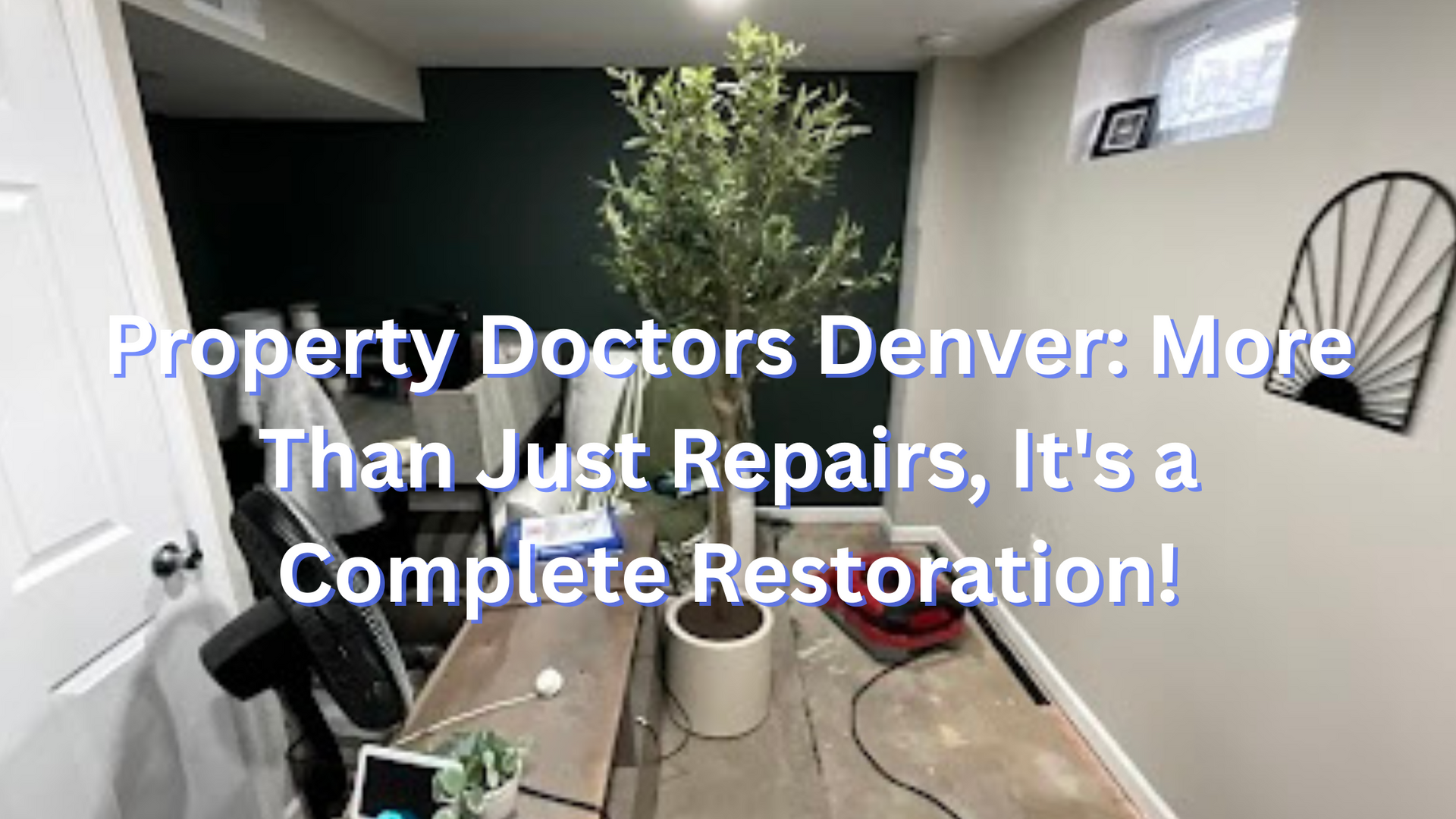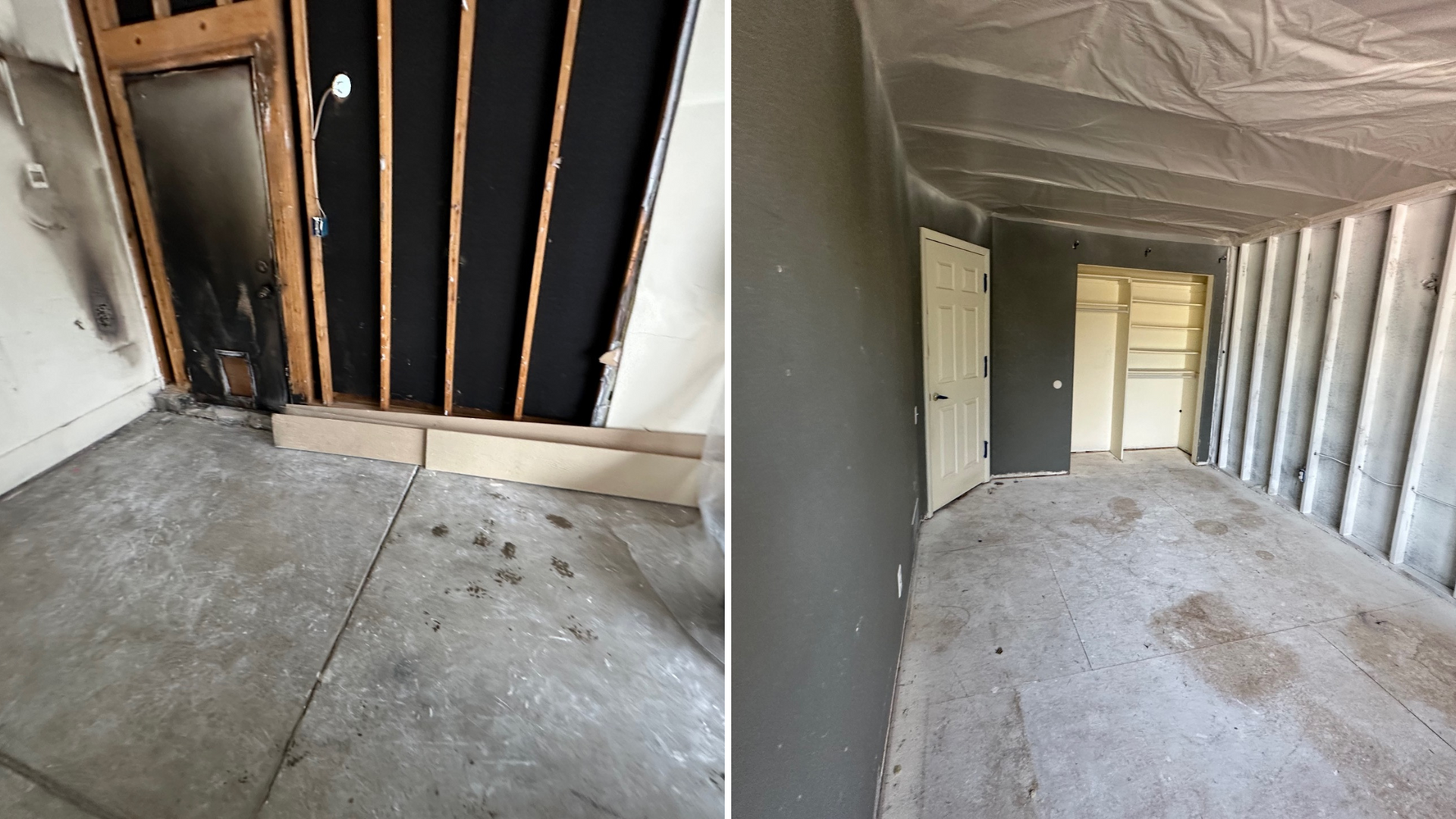1. Regularly Check Washing Machine Hoses
Washing machine hoses are one of the leading causes of
water damage
in homes. Over time, these hoses can weaken and burst, releasing large amounts of water into your laundry room. This often happens when homeowners are away, leading to substantial flooding and damage.
To prevent this, consider replacing your standard hoses with high-pressure, wire-braided hoses. These are more durable and less likely to burst.
2. Inspect All Water Lines and Appliances
Leaking pipes, refrigerators, dishwashers, and icemaker lines are other common sources of water damage. Over time, even a small drip can cause significant damage to your floors, cabinets, and walls.
It’s essential to regularly check under your sink, around water appliances, and inside cabinets to ensure there are no hidden leaks.
3. Prevent Ice Damming on Your Roof
Ice dams are a major issue during Colorado's winters. When snow on your roof melts due to heat from your home, it can refreeze in your gutters, creating ice dams. These dams can trap water, which eventually seeps into your attic and ceiling.
To avoid ice dams, make sure your attic is properly insulated and ventilated to prevent warm air from reaching the roof. Proper attic insulation keeps your home warmer and helps prevent snow from melting and refreezing in the gutters.
4. Maintain Proper Attic Ventilation
Poor attic ventilation can lead to condensation buildup, which promotes mold growth and water damage. In Boulder and Lakewood, where high humidity can occur, making sure your attic is properly ventilated is key to preventing moisture buildup and mold.
5. Inspect Roofs and Gutters Regularly
A leaking roof can cause water to enter your home, leading to significant damage. In Denver and surrounding areas, the unpredictable weather can cause wear and tear on your roof, making it more vulnerable to leaks during rain or snowstorms.
Inspect your roof regularly for damage, and clean your gutters to ensure that water flows away from your home rather than collecting around the foundation.
6. Prevent Water Damage from Toilets and Showers
Toilets and showers are common sources of water damage. Leaks around toilets or in shower areas can cause damage
to flooring, walls, and ceilings over time.
Check for leaks by inspecting the base of your toilet and around the edges of your shower for signs of water damage. Fixing leaks early can save you from costly repairs.
7. Insulate Pipes to Prevent Freezing
During Denver’s
cold winters, pipes are at risk of freezing and bursting. This can cause major flooding and water damage
inside your walls, especially if you live in an older home with poorly insulated plumbing.
Ensure your pipes are properly insulated, especially those located in unheated areas like crawl spaces, garages, and basements.
8. Use Moisture Barriers in Crawl Spaces
Crawl spaces are often overlooked when it comes to moisture control. These areas are vulnerable to water intrusion, especially in the spring when snowmelt can cause excess moisture to accumulate under your home.
Consider installing a vapor barrier to prevent moisture from rising into the crawl space and causing water damage or mold growth.
9. Maintain Your Sump Pump
A sump pump helps protect your basement from flooding. If your pump is malfunctioning or clogged, it won’t be able to keep up with the amount of water entering your home, leading to potential flooding and water damage.
Check your sump pump regularly, especially during the spring thaw when water levels are higher.
10. Clean and Seal Windows
In Boulder and Arvada, where rain and winter storms can be frequent, water can easily seep through old or damaged windows, leading to mold and structural issues. Regularly inspect your windows for gaps or cracks, and reseal them to keep water from entering your home.
11. Maintain Proper Drainage Around Your Home
Water that pools around the foundation of your home can seep into the basement or crawl space, causing significant water damage. Ensure that the ground slopes away from your home’s foundation to direct water away from the building.
If your foundation is experiencing water buildup, it may be time to install a French drain or landscaping to help manage water flow.
12. Replace Old and Damaged Flooring
Wooden floors and carpeted areas are particularly vulnerable to water damage, especially in high-moisture areas like bathrooms and kitchens. If your floors have been exposed to water damage, it’s important to replace them to prevent mold growth and further damage.
13. Monitor and Control Indoor Humidity
In homes with high humidity, such as basements, mold can grow quickly. To prevent this, use a dehumidifier to maintain a humidity level below 50%. This is especially important in areas like Lakewood and Boulder, where humidity can fluctuate.
14. Get Regular Inspections for Hidden Leaks
Many water damage problems go unnoticed until it’s too late. Hidden leaks in walls, under sinks, or behind appliances can lead to significant damage if not detected early.
Scheduling a professional inspection at least once a year can help identify any potential leaks before they cause major problems.
Conclusion: Prevent Water Damage with Property Doctors
Water damage can be a costly and frustrating problem for homeowners in Denver, Arvada, Lakewood, and Boulder, but with proactive measures, you can prevent it from ever happening. Regular maintenance, inspections, and awareness are your first line of defense against water-related issues in your home.
If you’re dealing with
water damage
or need help preventing it, Property Doctors is here to assist you. We offer
water damage restoration,
mold remediation, and waterproofing services in
Denver
and surrounding areas to ensure your home stays safe and dry. Contact us today at (
888-456-0911) to schedule an inspection or get expert advice on water damage prevention.
